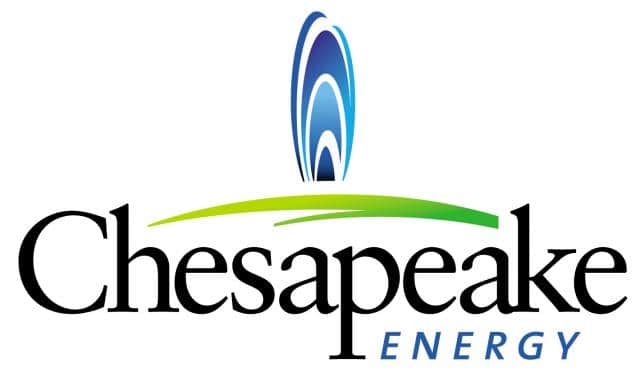New York landowners are having a hard time evicting an unwanted tenant, it seems. That’s why over 200 people residing in the Marcellus Shale are suing energy companies such as Chesapeake Energy Corp. and Inflection Energy, arguing that the land leases they originally signed with the companies over 5 years ago are now expired.
Originally, land owners signed on with companies like Chesapeake thinking it was a way to earn much needed revenue from their lands. However, citing New York’s moratorium and descending gas prices alongside emerging environmental and health complications, many want out. With many of the contracts past their end dates, you would think that wouldn’t be such a huge problem.
Except with thousands of acres of land at stake, the oil and gas companies aren’t releasing or renegotiating any new leases any time soon, invoking the act of God and natural disaster clauses of the leases.
In legal speak, it’s called “force majeure.” It allows the terms of a lease to continue based on unforeseen circumstances. Usually this counts for natural disasters or “acts of God”, but in this case, the companies are arguing that the moratorium on fracking in New York state should fall under this clause and allow them to retain the land.
Whether or not you believe God is the ruling hand of the markets or behind the behavior of the masses, the plain facts are that oil and gas companies are having a hard time breaking even because of low prices and high drilling costs, while in the meantime citizens are demanding fair and thorough environmental and health impact assessments before allowing fracking to expand in the state.
These two major factors have caused investors’ interests to cool a bit where previously they have been eager to drill. And since the NY Department of Environmental Conservation still has to review over 60,000 comments from their last assessment, it looks as though a decision on whether or not to lift the moratorium and allow fracking in the state won’t be reached for at least another couple of months.
Some landowners want to broker new lease terms now that the old ones have expired. Since the price of gas has dropped more than 80% since the previous leases were signed, companies are unwilling to give citizens higher rates for using their land.
From Joseph De Avila’s article in the Wall Street Journal:
“What is keeping landowners from getting ‘fair value’ is not that they are locked into old leases but that no one is interested in leasing in New York given low gas prices and an indefinite drilling moratorium in place,” said Matt Sheppard, a spokesman for Chesapeake in a statement. “That may change when the moratorium is lifted, but only if drilling in New York is viewed by investors and operators as being economically feasible, especially in comparison to other oil and gas fields.”
In other words, the landowners will remain locked into their leases until the fracking companies deem it more profitable to do otherwise.
Subscribe to our newsletter
Stay up to date with DeSmog news and alerts







